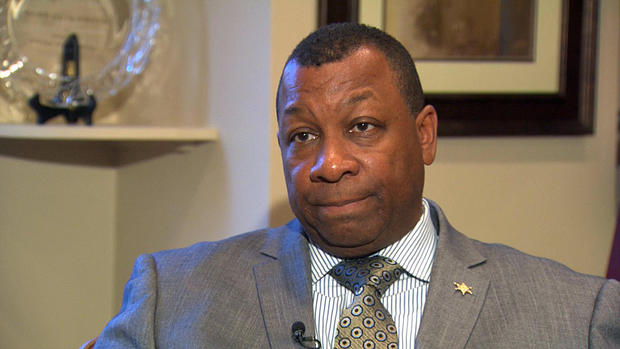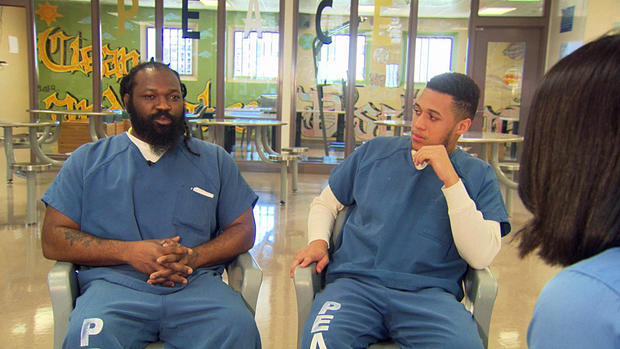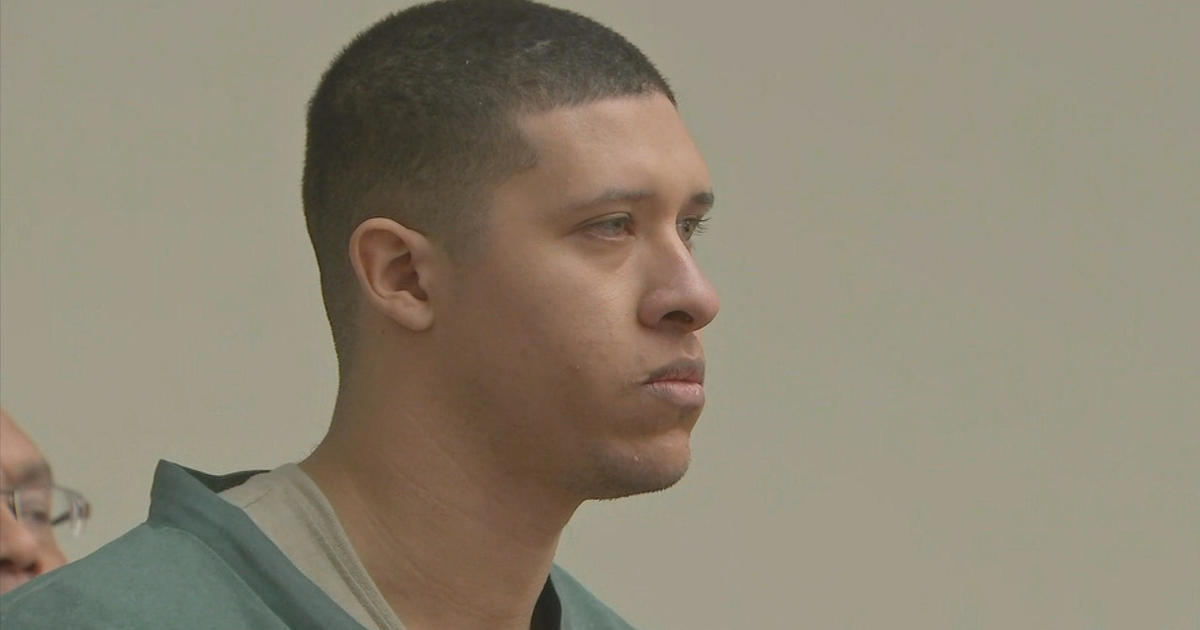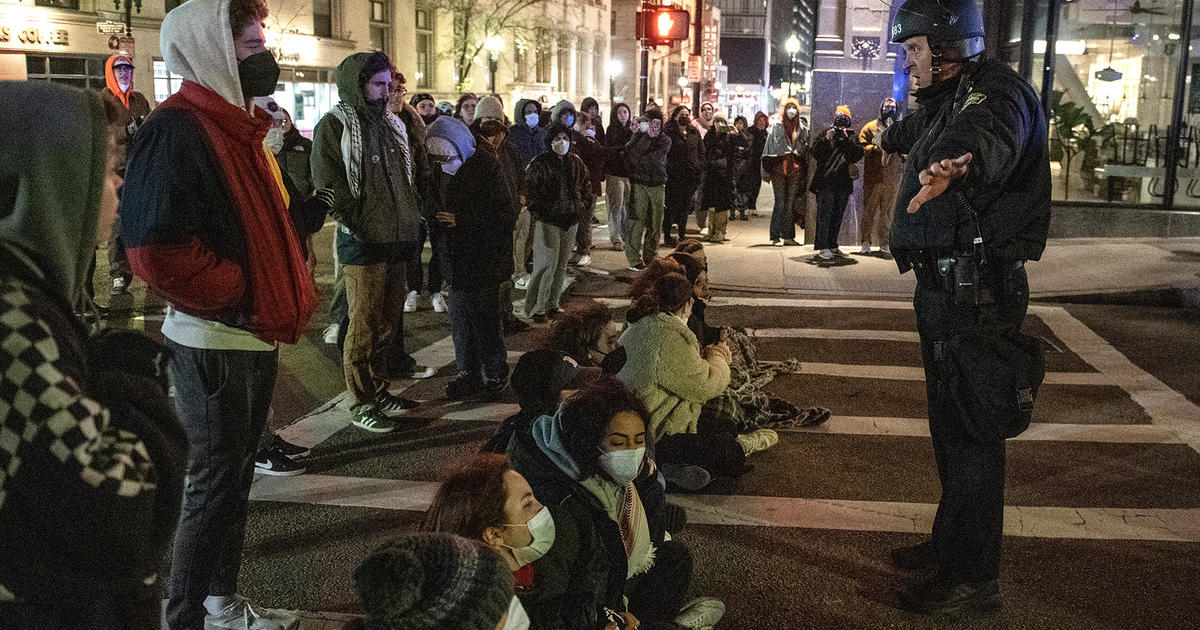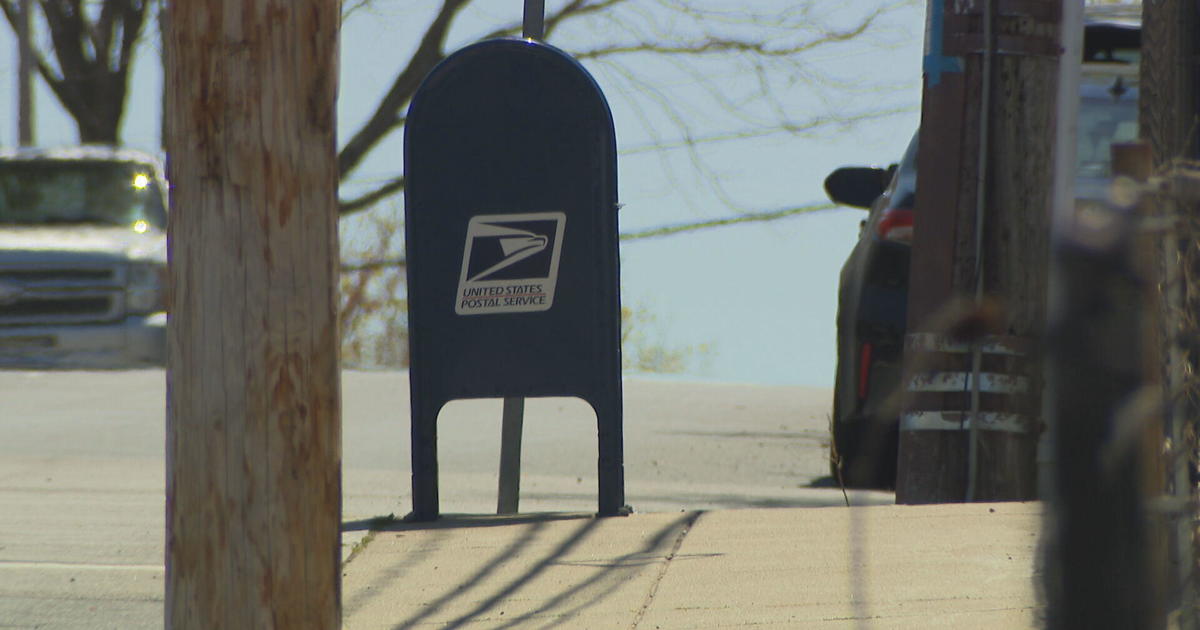Suffolk County Sheriff Focuses On Rehabilitation Of Inmates, Not Punishment
BOSTON (CBS) - With fewer than 10,000 people locked up, a recent study credits Massachusetts as having one of the lowest incarceration rates in the country.
But those numbers only account for convicted inmates.
Data finds the population of pretrial detainees in Suffolk county has gone up. And when it comes to people of color, the numbers outpace its population.
At the Suffolk County House of Corrections, Sheriff Steven Tompkins is trying to change that.
"Right now, the states are more punitive than rehabilitative. That said, the pendulum is swinging towards rehabilitation," said Tompkins from his office.
If you need proof that he's helping move the needle, just ask his inmates.
"I leave Wednesday," said a bright-eyed Richard Lane.
The 21-year-old has got a new lease on life. "I was accepted to college on a full-ride," said Lane, who'll be the first in his family to attend college.
The Roxbury native enrolls at Dean College in the fall and plans to study psychology and African American studies. He says his assault and battery conviction will be behind him because of how he spent his time on the inside.
"I wouldn't have gotten into college on a full-ride if it wasn't for the P.E.A.C.E Unit," said Lane.
The P.E.A.C.E Unit is one of four core rehabilitation programs at the Suffolk County jail. It places 18- to 25-year-old inmates in spaces outside of the general population. Prisoners take part in mental health programs and get paired with older convicts.
Sheldon Aljoe has been Lane's mentor. The Dorchester native gets out in a few months.
"My plan is on the weekends, feed the homeless," said Aljoe.
There's also a detox unit, an urban farm harvesting 1,500 pounds of food a year, services for families dealing with an incarcerated loved one and employee training.
"I'm in CREW right now, which is a re-entry program. It helps you get plugged in with jobs," said inmate Terez Durbano, of Revere.
When asked if any of these programs existed before he took over in 2013, Tompkins said, "None of this was in place before I was here."
The Bradston Street complex houses close to 900 inmates; nearly half are black; more than 20% are Latino.
WEB EXTRA: Watch Full Interview With Sheriff Tompkins
"Sixty-five percent of my population is black or brown. This is in a Commonwealth that the same demographic is 18%. How do you get 65% out of 18%? You get that out of a broken system. Something's wrong," Tompkins said.
The Spanish Harlem native said he wants to interrupt that cycle and offer inmates an opportunity to rehabilitate. For him, the undertaking is personal.
WEB EXTRA: Interview With Inmates
"I can't recount how many nights I actually picked my mother up to put her in bed because she'd fallen asleep on the sofa after downing a six-pack or whatever she had consumed. Fast forward to what I do now, I understand; I get it," said Tompkins.
Tompkins says the cash bail structure has morphed into a wealth-based system – keeping people with mental health and substance abuse issues out of treatment and inside prisons.
"It's not just for black and brown, it's for black and brown and poor. Because there are now poor white people. If you don't have the money to pay for good legal defense, chances are - depending upon the severity of your crime - you're going to jail. If I can be an interrupter in that cycle, that works for me," said Tompkins.
